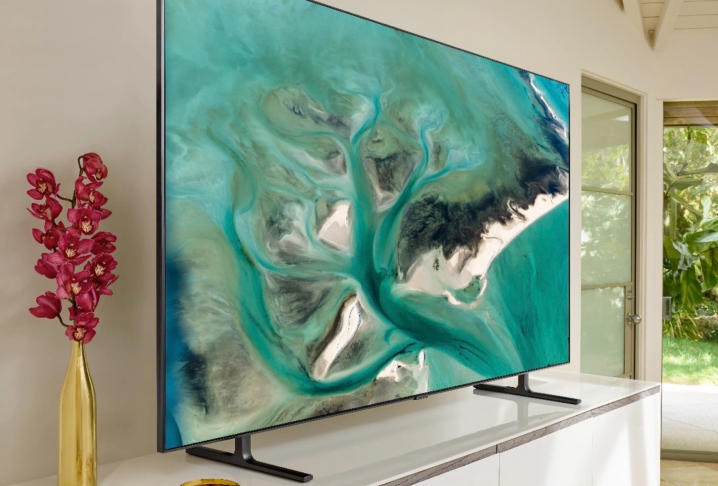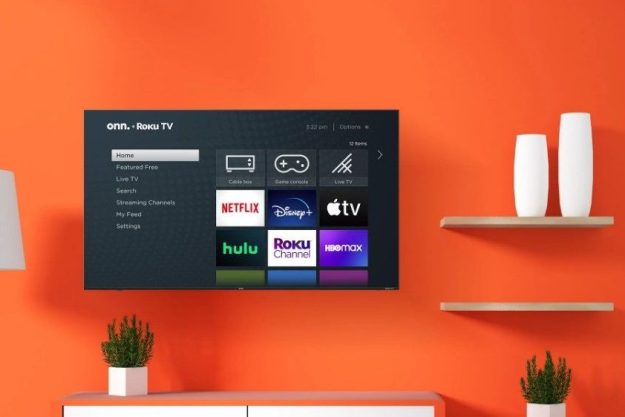Remember the glory days of watching and re-watching Jurassic Park III on the Sony DVD player you bought back in 2001? Or how about the year you invested in that Denon 5.1 receiver for your new speaker system? Like dear family members, our AV equipment can become engrained in the fabric of our lives. But with new and shiny streaming devices, soundbars, and TVs arriving in our homes, many of our older devices are transported to basements, attics, and under the stairs.
But contrary to the world of anthropomorphized radios and lamps that films like The Brave Little Toaster want us to believe, our electronics possess no hearts, brains, or souls, so it’s perfectly okay to part ways with vintage gear when it’s no longer needed.
That being said, simply tossing your AV equipment into a dumpster or trash can is one of the worst things you can do for the environment. Fortunately though, there are many different ways you can safely and responsibly dispose of your old AV gear, and we’ve rounded up some of our favorite options below.
Donate your electronics

If you’re feeling benevolent or simply want to give back to your community, one great way to be rid of your AV gear is by donating it. Places like Goodwill and Salvation Army will usually accept AV products like speakers, Blu-ray/DVD players, and other components. And even if your old receiver is only 25% operational, there’s a good chance the donation depot will still take it. Even if you’re sitting on some like-new equipment though, it’s always a good idea to call the company or hop on the website to learn more about the donation center’s donation policies.
Another benefit of donating is that many donation centers will provide you with a receipt that you can then use to report your contribution on your tax return. Doing so could result in less tax owed when you file, or even some type of tax refund if Uncle Sam deems you worthy.
Sell, sell, sell
Depending on the age and condition of your AV equipment, there’s a chance you may be able to sell the gear for a profit. In fact, even if it’s on the vintage side, or if one or two functions of the device aren’t working, you’d be surprised how many video and audiophiles will still want to purchase it.
Depending on the peripheral, it can be extremely difficult to get your hands on certain antique components, which is why we’re betting that many enthusiasts or collectors would be more than pleased to take something off your hands for a price.
Reputable hubs for conducting these types of transactions are sites like Facebook Marketplace, Craigslist, and OfferUp. If you want to hone in on more hi-fi and audio-specialized resources, sites like US Audio Mart are community-based and offer rankings for sellers and buyers to cut down on the dodgy factor. You can also check out what audio-related Facebook groups you can join to spread your ad out to more folks.
Seek the services of your municipality

Cities and towns aren’t totally anti-AV when it comes to picking up your busted-up soundbars and game systems. There’s a good chance that the trash and recycling teams that service your community have certain e-waste pickup dates. While you may have to slap a label on the equipment to designate it as e-waste, this is one of the easiest ways to get rid of your gear without having to transport it somewhere yourself.
Do keep in mind that even if your city, town, or county offers e-waste pickup dates, you may have to call in advance to schedule a pickup for certain items like older TVs. Some communities may also impose a fee for these types of services.
And even if the trusty landfill isn’t doing any e-waste collections for some time, it’s still a good idea to hop on your town’s website to see if any local churches, libraries, or other community facilities are holding some type of charitable event in the near future.
Drop off your gear at Best Buy

We turn to retailers like Best Buy and Walmart when it comes time to invest in new electronics, but brick-and-mortar stores (as well as certain online outlets) can also come in handy when it’s time to get rid of your old stuff. Both Best Buy and Walmart offer recycling for all kinds of electronics, including certain TVs (there’s usually a size limitation). In most cases, all you’ll have to do is load up your vehicle with whatever gear you want to get rid of, and let an employee know you have electronics you’d like to recycle.
A lot of the time, stores like Best Buy will even have recycling bins for smaller electronics (like smartphones and old wires) staged right at the front of the store, too.
If your old gear isn’t exactly “old” by industry standards, and you’re looking to upgrade the device(s), you should also check to see if your go-to big box store offers some kind of trade-up program. If it does, you may be able to score an in-store credit that you can use toward the purchase of a newer component.
Recycling with Samsung and other brands

Believe it or not, there’s a decent handful of electronics manufacturers that offer both recycling and buyback programs for qualifying devices. In the case of a company like Samsung, there’s an entire e-waste web portal. After choosing a product category (like TVs or smartphones), you’ll be able to scroll down and select from a number of links that are tethered to your e-waste filter.
These links include options like recycling center discovery, as well as external navigation to Samsung’s Mailback program, which is run by a company called OEM Takeback.
Brands like LG and Audio Technica also have their own recycling programs and resources, as well as many other AV companies. It’s easy enough to run a quick Google search for whatever brand of item you’re planning to get rid of, followed by phrases like “recycling program” or “e-waste.”
Look to the EPA
Recycling centers are a great way to offload your AV gear, and even if there’s not a local plant in your zip code, there’s a good chance you’re not too far away from a facility.
If you’re not sure where to locate your nearest recycling center, the Environmental Protection Agency’s website is a solid resource. Not only does the site have a search tool for tracking down eco-friendly depositories, but you’ll also be able to learn more about e-cycling from perhaps the most trusted authority on the matter.




